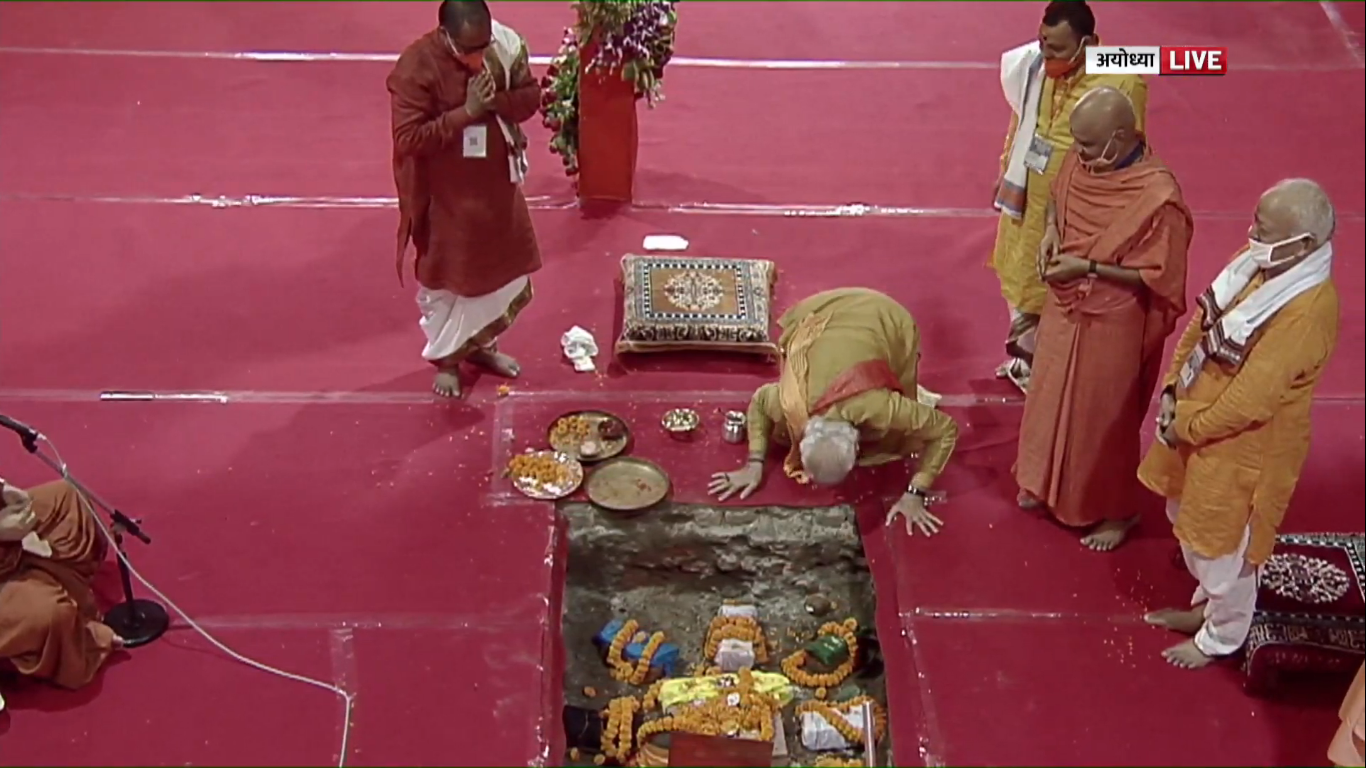Mumbai, Mar 11: Walking with blistered feet for about 180 km in the blazing sun over the last five days, around 35,000 farmers from Maharashtra's Nashik district have entered the capital city.
The three key demands of the protesting farmers are - complete loan waiver, implementation of the recommendations of the Dr MS Swaminathan committee report on fixing of MSP and implementation of the Forest Rights Act.
The state's Health and Medical Education Minister Girish Mahajan met them and assured that the government is positive to their demands.
The Akhil Bharatiya Kisan Sabha (ABKS) said they would gherao the Vidhan Sabha at Nariman Point, where the budget session of the Maharashtra legislature is underway, on Monday.
During a brief interaction with ABKS representatives, Mahajan invited a delegation from the organisation for talks with Maharashtra Chief Minister Devendra Fadnavis.
"When we started on March 6 from Nashik, there were just 12,000 farmers. Now, we have around 30,000 to 35,000 marching with us. On Monday, we are sure that it would increase by two to three times," said Ajit Navle, ABKS general secretary.
Most of the political parties, including the Shiv Sena, MNS, AAP, Congress and the NCP, have lent their support to the ABKS.
"We support the farmers," Maharashtra Congress President and former chief minister Ashok Chavan said.
"The chief minister should not be adamant and speak to them to resolve their problems," said Chavan.
"We are with the farmers," said NCP supremo Sharad Pawar.
State NCP president Sunil Tatkare and Leader of Opposition in Maharashtra Legislative Council Dhananjay Munde will meet the farmers on Monday.






Comments
Add new comment